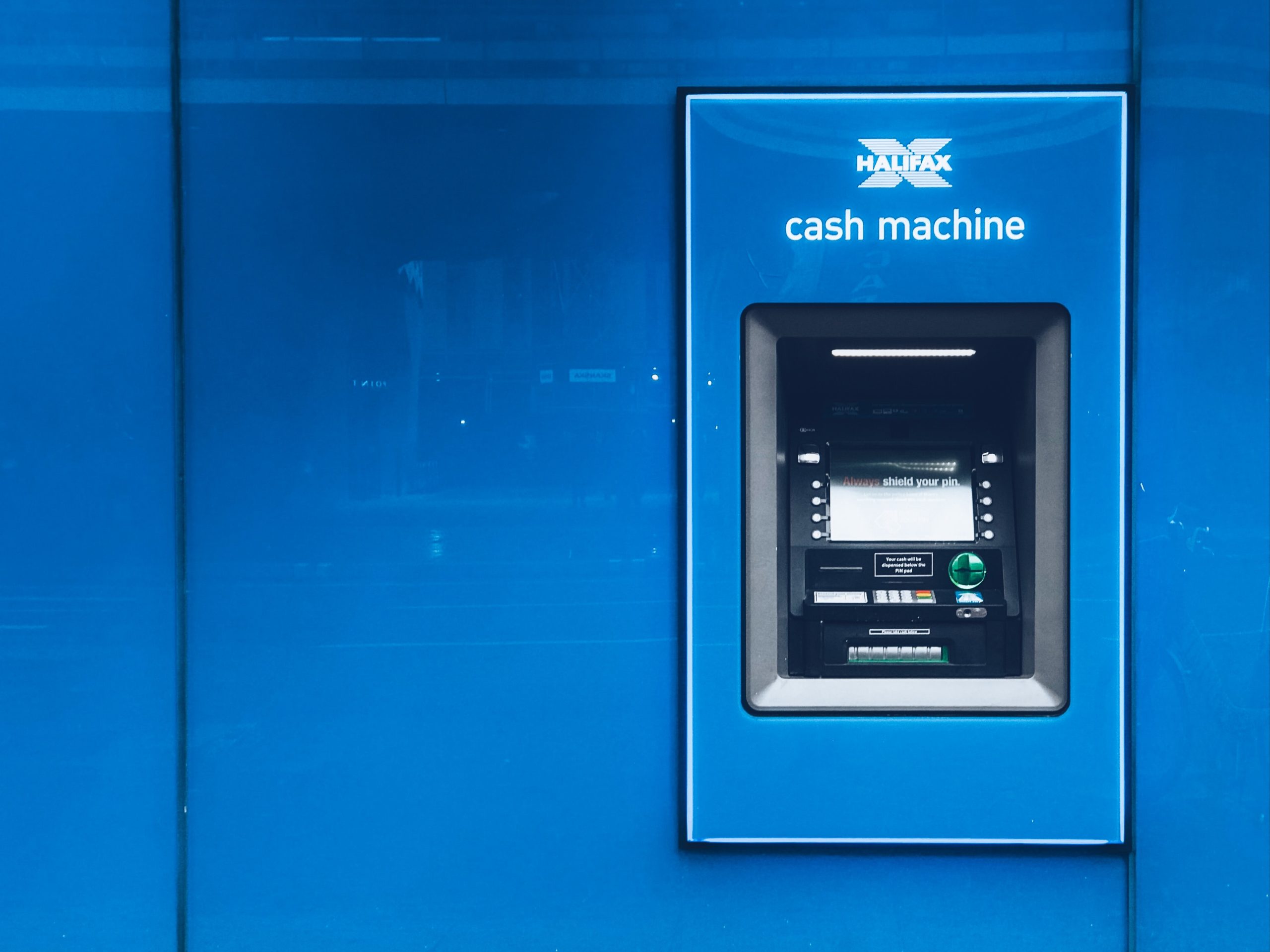It can be very annoying to log onto your online banking and find out that your bank has frozen your account. When a bank freezes your account, all account activity is prevented including using ATM’s, paying direct debits and making contactless payments.
There can be various reasons for your bank to freeze your account. The actions you need to take to unfreeze your account will depend on why the account was frozen in the first place. Resolver, a complaints resolution service, found that three-quarters of reported problems related to online banks but frozen bank accounts are also an issue with traditional banks.
Reasons for frozen bank accounts include:
1. Suspicion that the bank account is involved in money laundering
Your bank has the right to freeze assets if they suspect fraud or laundering on the bank account, in fact they are bound by regulators to do so. The frustrating thing is that the bank will not tell you if there is an investigation underway and they are not allowed to explain why they have frozen an account due to suspicion of money laundering on the account. You may need to refer to a banking litigation lawyer to get to the bottom of this.
2. Unpaid debts
Creditors can apply to the courts to get your bank to freeze your account if there are unpaid debts. In addition, the bank can freeze the account if you have constantly defaulted on paying your debts. Creditors can apply for a county court judgement to force you to pay back the money you owe. If they believe that you actually have the money and are withholding payment to them they can take out another court order called a third party debt order. As part of the process they can force your bank or building society to freeze your account.
3. Internal account scrutiny.
Banks have various safeguarding procedures in place and case reviews take place periodically to identify potentially high-risk customers. The aim is to identify risks including anything from funding terrorism through to having links to high-risk countries. Red flags include:
- Too many cash transactions
- Suspicious transactions from foreign sources
- A change in the transaction patterns and frequency
4. To protect the account
When a bank suspects irregularities and abnormal transactions that don’t fit with existing spending habits, it can freeze the account. The bank may assume someone has stolen a banking card (credit or debit) of the account owner. Hackers may also have accessed the account. These security measures are designed to keep your money safe.
Typically the bank will try to contact the account holder to warn them of the suspicious activity. However, in cases where they believe the account has been compromised by a fraudster, they may wait for the account holder to contact them. Banks have standard procedures in place to confirm it is the account owner using their money before they unfreeze the account.
5. Due to account inactivity
Inactivity is one of the most common reasons for accounts being frozen. Rather than waiting for the bank to freeze an account that you are not using, it is worthwhile informing them that it is no longer required as having an account frozen due to inactivity can affect your credit rating.
What can you do?
If you find yourself in any of the situations above, you should:
- Act quickly to avoid repercussions
- Talk to the bank first to give them the opportunity to put things right
- Complain to the Financial Ombudsman Service (FOS)
- Find an alternative source of funds to cater for immediate bills
- Set up a new bank account
- If necessary speak to a financial disputes specialist to work through your options including claiming compensation.



 Bitcoin
Bitcoin  Ethereum
Ethereum  Tether
Tether  XRP
XRP  Solana
Solana  USDC
USDC  TRON
TRON  Lido Staked Ether
Lido Staked Ether  Cardano
Cardano  Avalanche
Avalanche  Toncoin
Toncoin